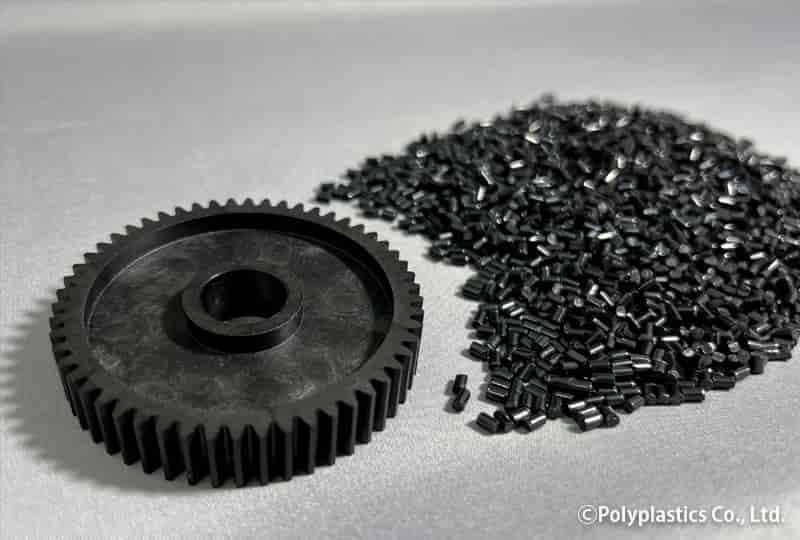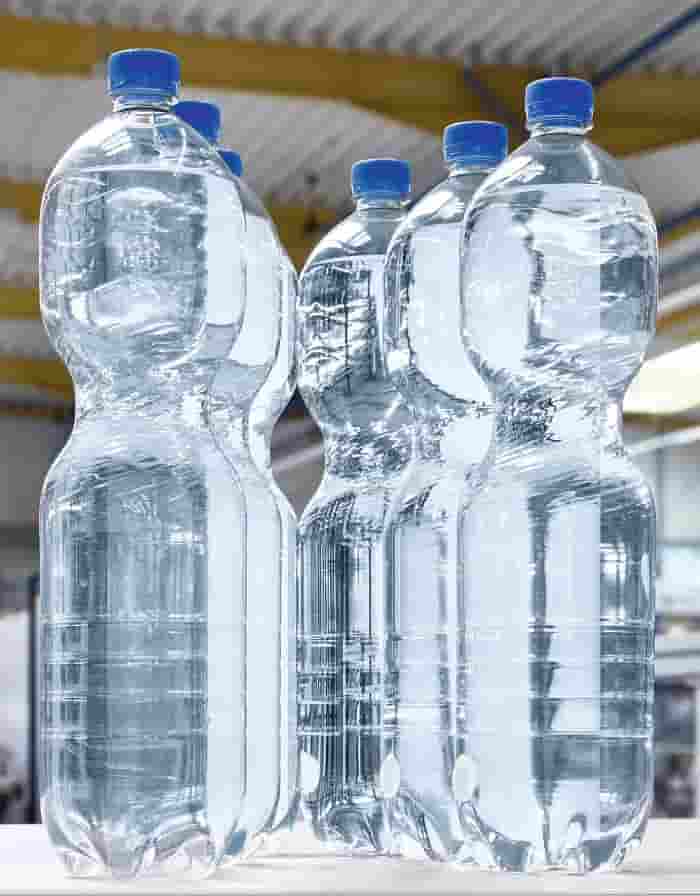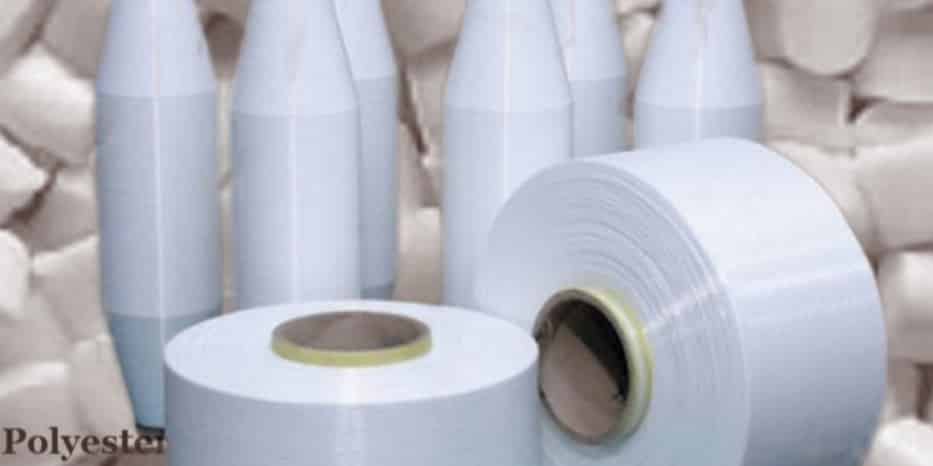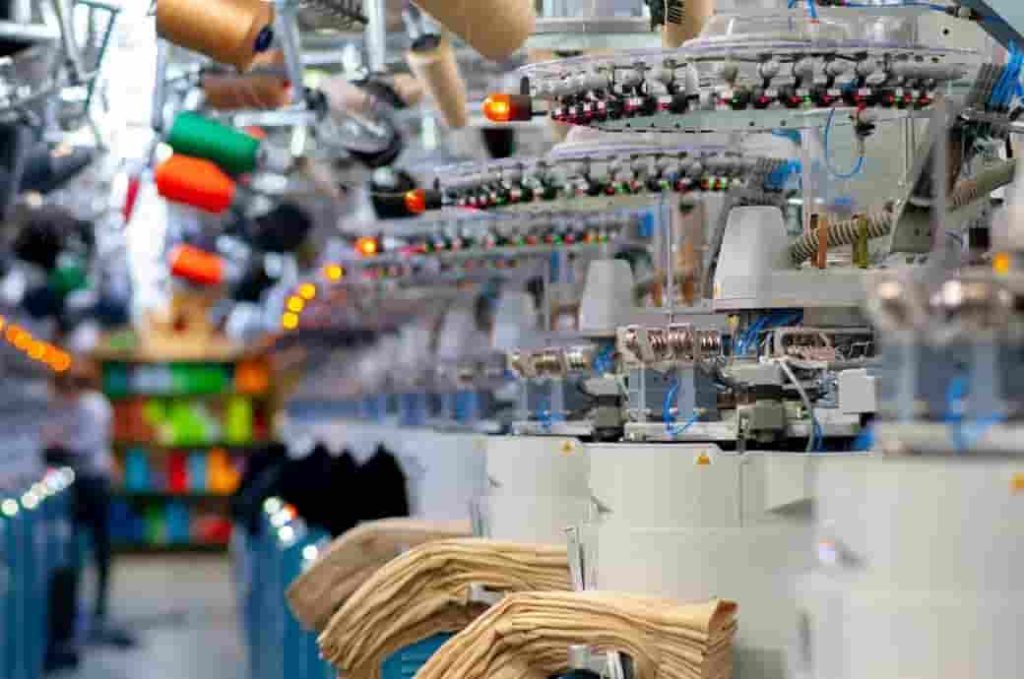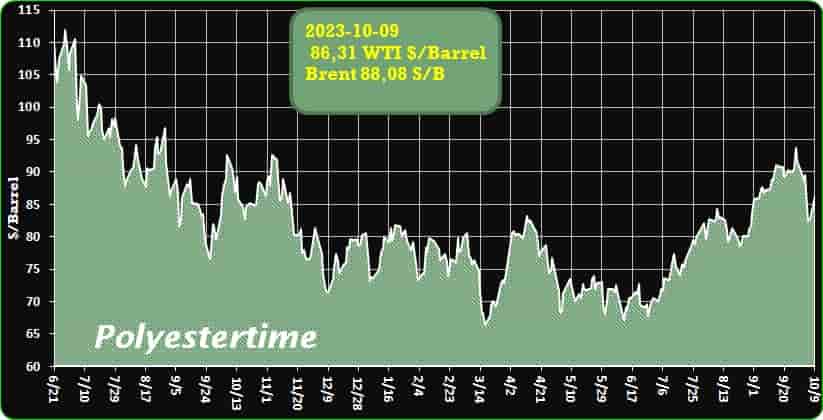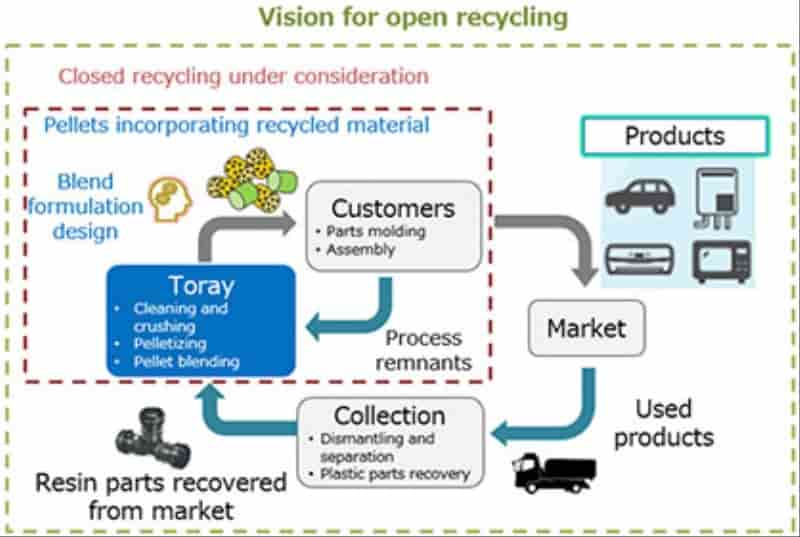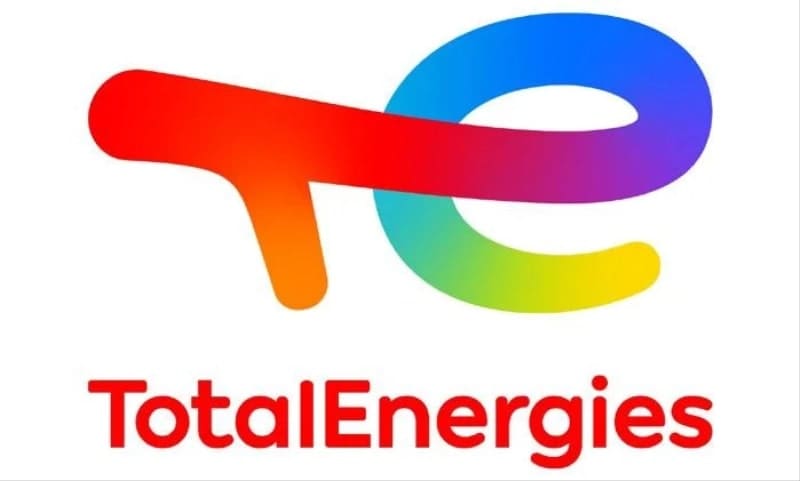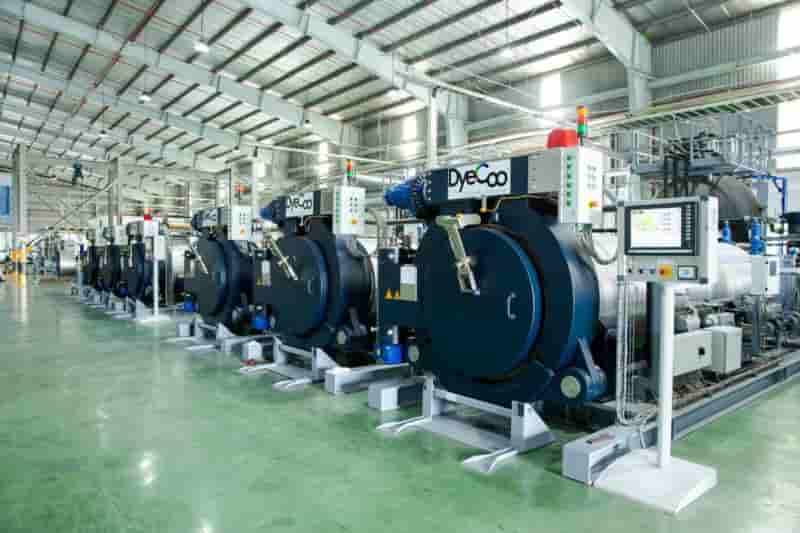The recycled bottles are manufactured by Coca-Cola’s bottling partners Moon Beverages, and SLMG Beverages. They are made from 100% food-grade recycled polyethylene terephthalate (PET), except for the caps and labels. The recycled plastic is approved by the U.S. FDA and European Food Safety Authority (EFSA) for food-grade recycled material and repurposed into new PET bottles. Recycling Technology
“PET plastic bottles have value beyond their first life,” Sanjeev Agarwal, chairman, Moon Beverages (part of MMG Group), said in a statement. “Our new bottles made with food-grade rPET are recyclable and can become another bottle giving it another life. Recycled PET is a big move in the right direction to embrace plastic circularity in India.”
The company said it was the first to launch a one-litre bottle made from 100% recycled PET. Coca-Cola now offers the recycled bottles in more than 40 markers. The iconic brand also has a goal, dubbed World Without Waste, to meet 50% of recycled content by 2030.
In addition, Coca-Cola is aiming to collect and recycle the equivalent of a bottle or can for every one the company sells globally by 2030. Plus, it wants to make 100% of its packaging recyclable by 2025. Recycling Technology
“We produced the first bottle of Coca-Cola in India and are proud to be amongst the first bottlers to produce the rPET variant,” said Paritosh Ladhani, managing director, SLMG Beverages. “We are committed to sustainability and SLMG is enthused to drive meaningful change and build a sustainable future.”
The use of recycled PET in food packaging was approved by the Food Safety Authority of India. Other agencies, including the Government of India’s, Ministry of Environment, Forest and Climate Change, and the Bureau of Indian Standards, have facilitated the use of recycled plastics in food and beverage packaging. Recycling Technology
The actions in India follow the Coca-Cola Bangladesh launch of 100% rPET bottles in December 2022 — making it the first market in Southwest Asia to introduce Kinley water bottles in one-liter packages.
Coca-Cola also has a “Return and Recycle” initiative with Zepto that gathers bottles directly from consumers.
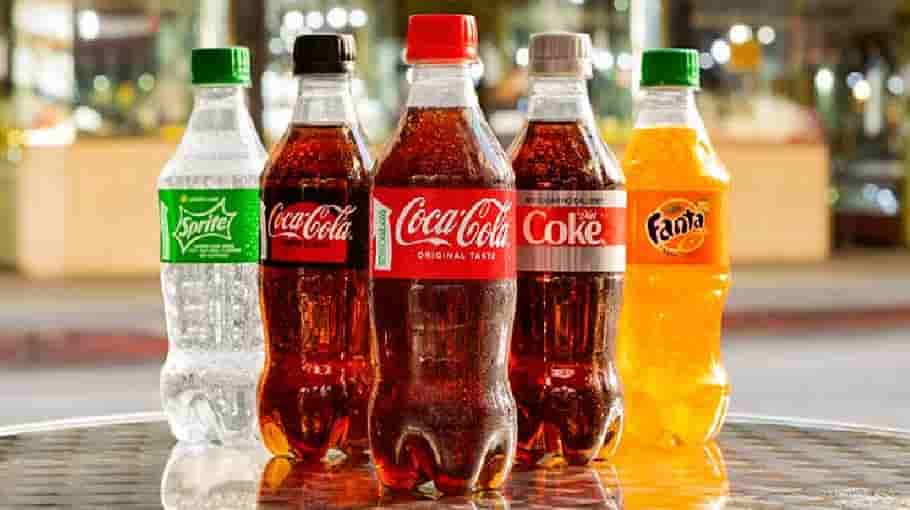
Mandatory Bottle Return System to be Introduced Next Year
From January 1, 2023, the mandatory bottle return system will start in Hungary. The government’s aim is to enable Hungary to switch to a circular economy as quickly as possible. Recycling Technology
A mandatory bottle return system will be in place from the beginning of next year, with the decree laid down in the latest issue of the Hungarian Gazette published on Wednesday evening. The products subject to the mandatory return fee include all glass, metal, plastic bottles and cans of beverage products with a capacity of between one deciliter and three liters, with the exception of milk and milk-based beverage products.
Manufacturers are obliged to place a legally required marking on these products, the communications department of the Ministry of Energy announced.
Anikó Raisz, Secretary of State responsible for environment and circular economy, stated that this system will contribute to Hungary achieving a 90 percent PET bottle recycling rate in a few years. Recycling Technology
The fee for mandatory returnable non-reusable beverage packaging will be HUF 50 (EUR 0.13) per item.
For products and refillable bottles with a voluntary return fee, the manufacturers will determine the amount that customers can get back after returning them.
The mandatory return of the bottles must be provided by reverse vending machines in groceries with a sales area of more than 400 square meters, and mandatory return points in municipalities with more than 1,000 inhabitants. Retail outlets that are obliged to operate reverse vending machines will soon be able to register at MOHU MOL Waste Management Zrt., while stores with smaller sales areas can join the system on a voluntary basis. Recycling Technology
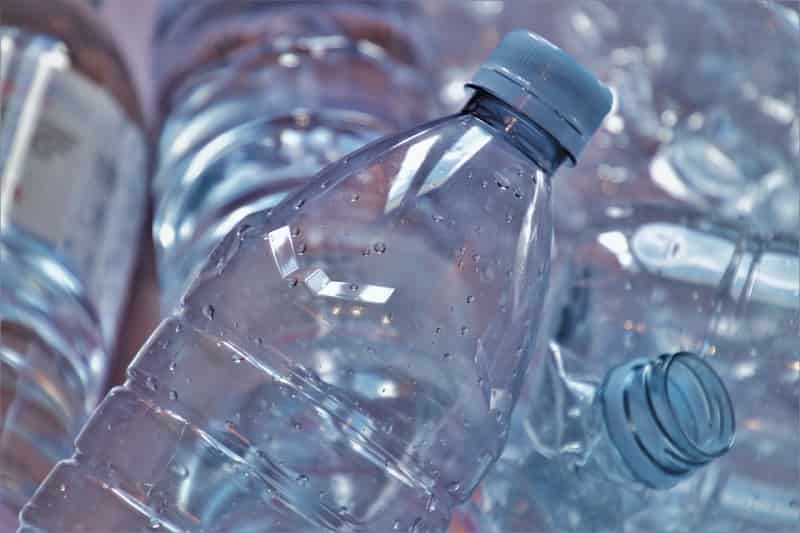
Polyplastics launches new material at Fakuma 2023
Polyplastics, a specialist in the development and production of engineering thermoplastics, will launch a new high-performance engineering thermoplastic and a sustainability initiative at Fakuma (Hall B5-Stand B5-5219) in Friedrichshafen, Germany.
During Fakuma, the company will present its latest product portfolio and discuss how it meets the requirements of the medical industry, as well as expectations for environmental sustainability Recycling Technology
Polyplastics Group will introduce to its lineup SARPEK polyetherketone (PEK), a material solution for metal replacement and applications requiring the highest heat resistance of any injection mouldable resin without requiring post-curing.
SARPEK PEK is an engineering plastic in the upper end of the crystalline super engineering plastic hierarchy, an advancement upon polyetheretherketone (PEEK) that delivers a high crystallisation rate and high moulding efficiency. It also features higher heat resistance and superior strength to replace metals in harsh environments where other crystalline super-engineering plastics fail and metals are heavy and noisy. Recycling Technology
Meanwhile, Polyplastics’ parent company, Daicel Corp., has undertaken a new sustainability initiative which is trade named CAFBLO. The new bioplastic is a non-edible biomass cellulose acetate resin for injection moulding and extrusion applications. This new brand of cellulose acetate is a marine biodegradable and transparent clear resin. Compared to typical bioplastics such as polylactic acid (PLA), CAFBLO has well-balanced mechanical and thermal performance which is comparable to acrylonitrile-butadiene-styrene (ABS). CAFBLO absorbs moisture so pre-drying is necessary before moulding.
CAFBLO is made from cellulose acetate, acetic acid, and biodegradable plasticisers. In seawater, these materials are biodegraded by microorganisms and eventually converted into water and carbon dioxide. CAFBLO resins also hold high antibacterial activity against Staphylococcus aureus and Escherichia coli. Recycling Technology
CAFBLO is targeted for a range of uses including 3D printing applications using the melt stacking method (FDM) which can print large-scale parts. This bioplastic can be recycled multiple times with little physical property deterioration during repeated moulding compared to other biodegradable resins.
